The raw food diet, often referred to as raw veganism, is based on the consumption of primarily unprocessed and uncooked plant foods.
The core principle is that heating food above 104–118°F (40–48°C) can degrade the nutritional value and enzymes in food, potentially reducing its health benefits. This diet consists mostly of fresh fruits, vegetables, nuts, seeds, and sprouted grains and legumes.
Benefits of the Raw Food Diet:
- Rich in Nutrients: Raw foods often retain more vitamins, minerals, and beneficial enzymes than their cooked counterparts.
- High Fiber Intake: This can aid digestion and provide a sense of fullness, potentially leading to weight loss.
- Antioxidant-Rich: Many raw plant foods are high in antioxidants, which combat oxidative stress.
- Lower in Unhealthy Fats and Sugars: The raw food diet avoids processed foods, which often contain unhealthy fats, sugars, and additives.
- Potential for Detoxification: Some proponents believe that a raw food diet helps cleanse and detoxify the body.
- Environmental Benefits: A plant-based raw diet can have a lower environmental footprint compared to diets that rely heavily on animal agriculture and processed foods.
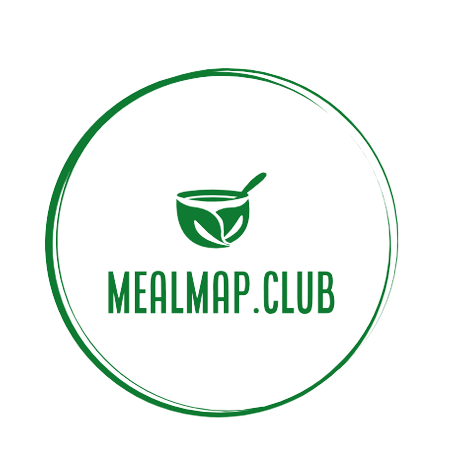
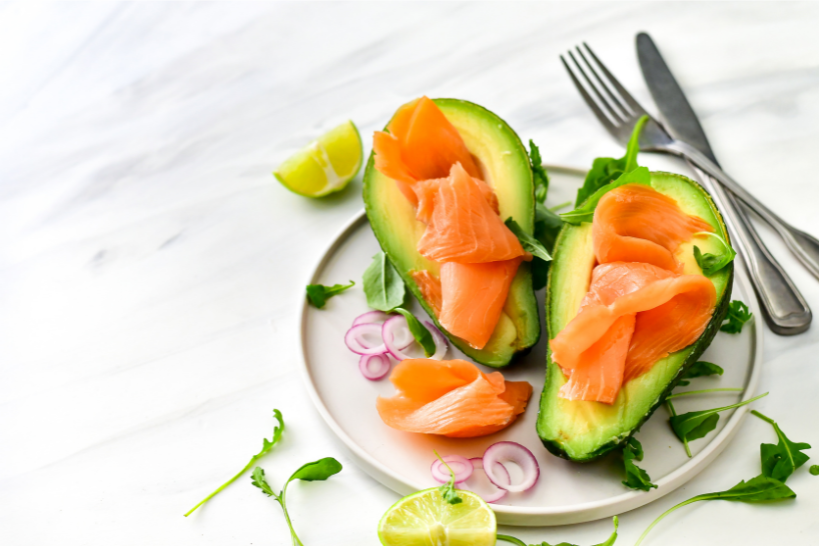
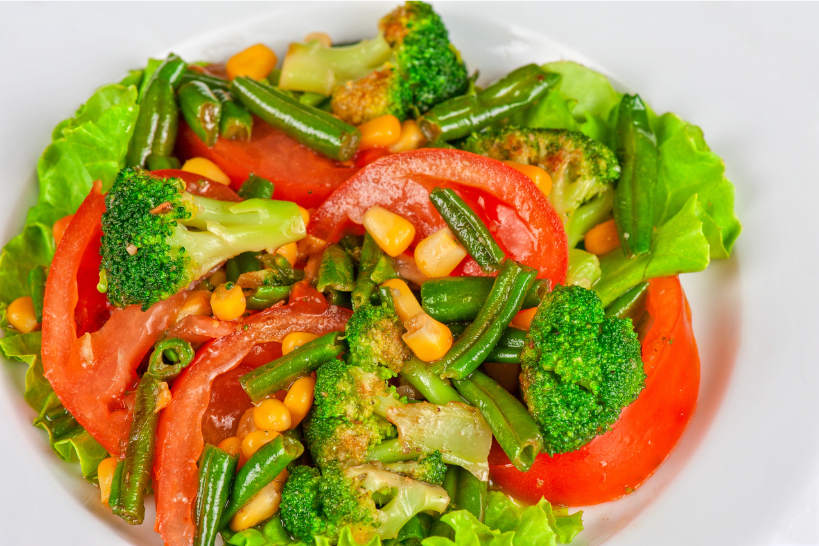
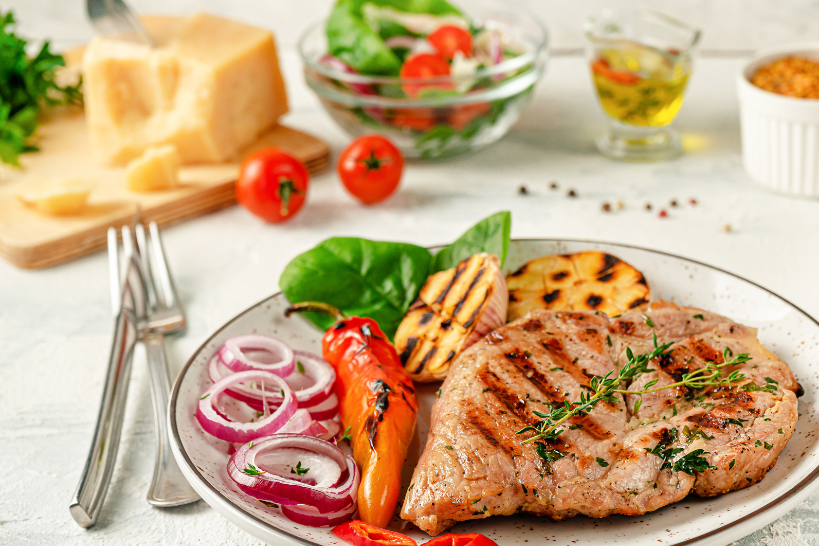
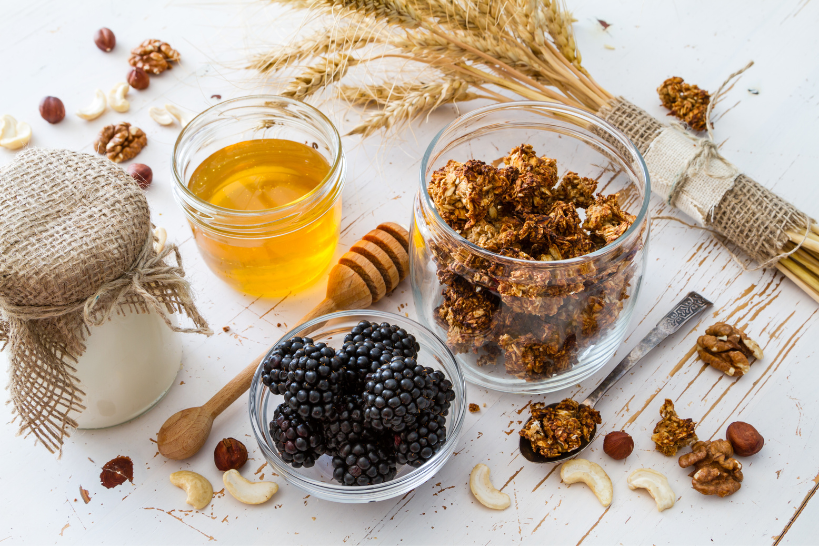
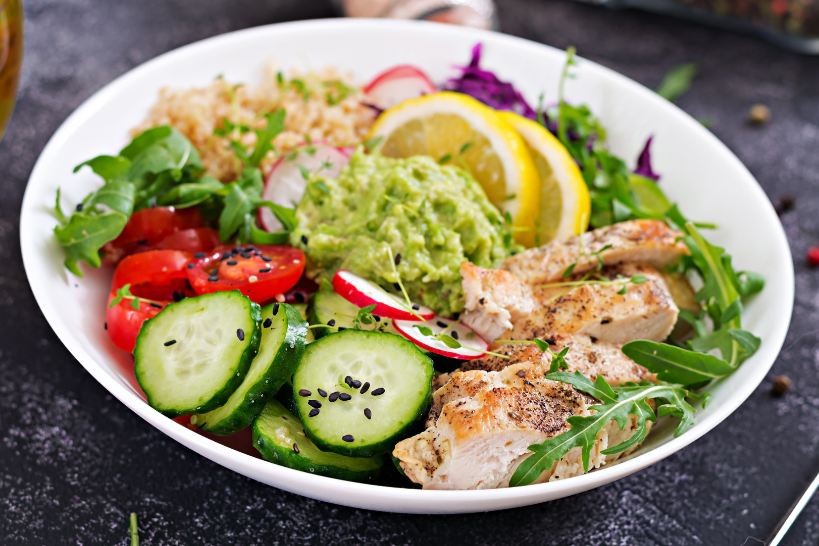
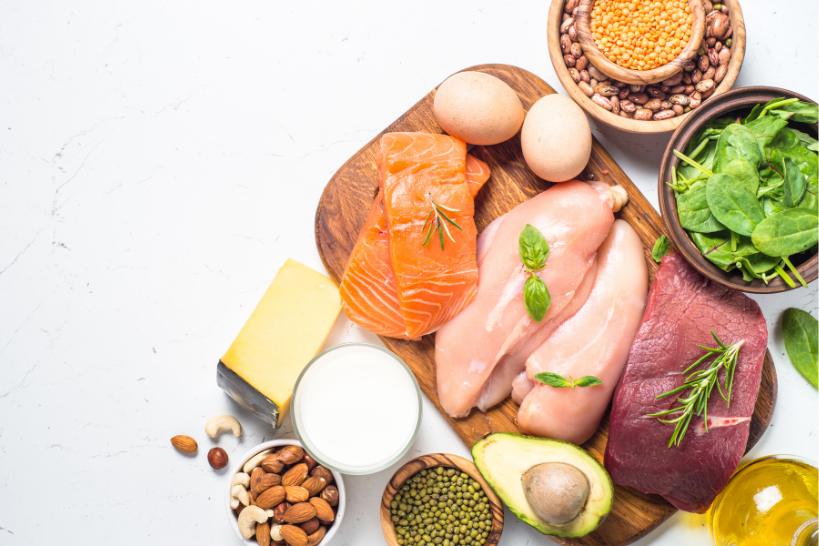
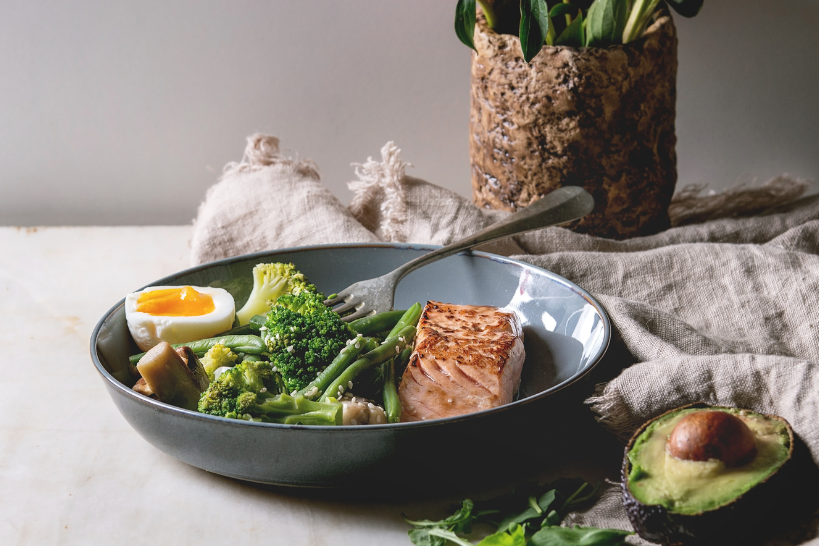


Evangeline –
The improvement in my skin, digestion, and energy levels has been remarkable. However, I find myself giving it 4 stars due to the social and practical challenges it presents. Dining out or sharing meals with friends and family can be difficult, as the diet is quite restrictive compared to more conventional eating habits. Additionally, living in colder climates makes the diet harder to maintain year-round, given the reliance on fresh produce.
Ben Sadmir –
I’ve been following the raw food diet for a few months now, and I’ve noticed significant improvements in my energy levels and overall health. The concept of consuming only raw foods to maximize nutrient intake has been a fascinating journey, and it’s incredible to see the positive changes in my body.